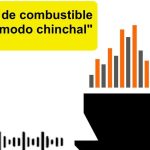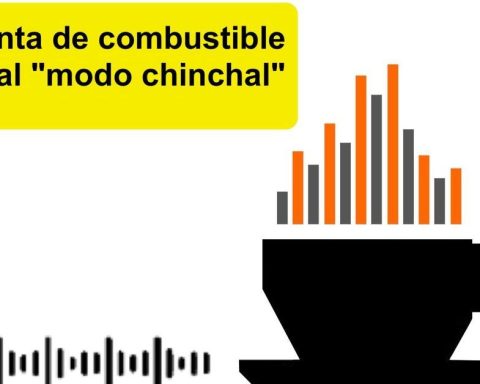Credit bureau TransUnion said that at a time when monthly economic activity shows signs of slowing as inflationary pressures persist and interest rates continue to rise, the demand for credit, especially consumer credit, continued to grow as people seek liquidity.
The foregoing is clear from the most recent TransUnion Credit Industry Trends Report for the fourth quarter of 2022. The growth compared to the same period of 2021 was due to an increase in the supply and demand of credit, leading to an increase in access to consumer credit.
Read: Inflation and recession would affect credit applications in 2023
Growth in new credit card originations and hedge loans remains strong as consumers adjust and cope with the difficult macroeconomic environment.
Originations -a measure of new accounts opened and a function of both consumer demand and bank supply- they continued to grow year-over-year, with an increase of 12% compared to the same quarter of 2021.
Read: Digital fraud: 38% of Colombians would have been white
Among credit products, credit cards and free investment loans posted the highest annual growth rates in the three months ending in October, up 19% and 18% respectively, while all other credit products – payroll, vehicle loans, microcredits and home loans – saw their growth drop year-on-year in this same period.
“Demand for credit cards and free investment loans continues to grow as consumers turn to these products in anticipation of a possible economic downturn. These types of consumer credit products provide convenience and liquidity for consumers looking to manage existing or anticipated pressures from rising cost of living,” said Virginia Olivella, Director of Research and Consulting at TransUnion Colombia.
Read: Delinquency increased in all credits except in the payroll
“At the same time, the slowdown in demand for larger loans such as home and car loans is a sign that consumers are being cautious at a time when inflation is expected to slowand therefore the end of the cycle of interest rate hikes, will take longer than expected,” said the executive.
Of Colombian consumers indicated that they were making changes in their purchasing behavior.
The slowdown in demand for larger loans such as home and car loans is a sign that consumers are being cautious.
In this context, credit institutions have the opportunity to give priority to the product offerings that best suit the needs of consumers at a time of rising cost of living and indebtedness levels. Entities can also educate consumers on how best to manage these shocks, building consumer confidence during changing economic conditions.”
In general, the number of consumers with credit increased by more than one million people during 2022which represents a year-on-year increase in the fourth quarter of 8.2%.
This increase in access to credit occurred despite growing consumer concerns about the macroeconomic environment. In the most recent Consumer Pulse study of TransUnion Q4 2022, 74% of Colombians expressed being very or extremely concerned about the high rate of inflation, 10 percentage points above the level of the previous quarter.
Also read: This is how you can monitor your credit report for free at the credit center
Inflation rates stood at 13.1% in December 2022 and 13.3% in January 2023. At the same time, 86% of Colombian consumers indicated that they were making changes in their purchasing behavior due to inflation (up from 82% in the prior quarter), while 35% indicated that their household income was not keeping pace with inflation, four percentage points more than those who said the same in the third quarter of 2022.
The serious delinquency rate at the consumer level (60 or more days late) stood at 9.7% in the fourth quarter of 2022, an increase of 106 basis points (bps) compared to the same period of 2021. This marks the third consecutive quarter of increases in the delinquency rate at the consumer level.
BRIEFCASE


















